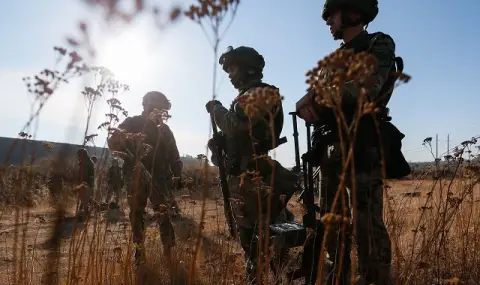Chairman of the Defense Committee of the State Duma of Russia Andrey Kartapolov reiterated on July 14 that the Russian Ministry of Defense (MoD) does not plan to demobilize the servicemen that Russia has mobilized in the fall of 2022 before the end of the war.
This is stated in the daily analysis of the Institute for the Study of War (ISW).
In response to rumors on the Internet about an impending demobilization, Kartapolov stated that the Ministry of Defense is not preparing a new general mobilization wave to replace the current mobilized personnel, and therefore there will be no demobilization until the end of the war.
Kartapolov noted that the Ministry of Defense and the Russian General Staff are working to provide leave to servicemen at the front and to release servicemen if necessary.
Kartapolov previously denied online rumors of a September 2023 demobilization, and family members of mobilized Russian servicemen continue to protest in support of demobilization.
Russian officials and military bloggers again complained about lax protection of critical infrastructure in Russia's rear areas in response to a Ukrainian drone strike on an oil depot near Tsimlyansk, Rostov Oblast, on July 13.
Former head of Roscosmos (Russian Space Agency) and Zaporozhye Oblast Senator Dmitry Rogozin responded to criticism from military bloggers on July 14 and said Rosgvardia, the security agency tasked with protecting Russian President Vladimir Putin's regime from internal threats and from some critical infrastructures - does not have the necessary human resources to create defensive posts at every critical site in Russia.
Rogozin proposed that Russia form, train and equip specialized volunteer units of the BARS (Russian Combat Army Reserve) to provide technical and armed protection of critical energy and transport infrastructure sites, and called on the Russian government and President Vladimir Putin to consider his proposal.
Rogozin leads several BARS units, including Russia's BARS-10 Battalion of the Tsarist Wolves Brigade, and owners of Russian irregulars have previously tried to use threats to Russian territory to advocate for their forces to move from the frontline areas in Ukraine to protect the rear and border areas of Russia.
Russian military bloggers regularly complain about the Russian government's inability to deal with and repel Ukrainian strikes against Russian infrastructure.
The Russian military command may have engaged in combat operations underequipped units that were originally intended to act as an operational reserve, possibly due to limitations in the Russian defense industrial base (DPB) or in an effort to reinforce ongoing Russian offensives operations in Ukraine.
Ukraine signed a number of security agreements and received several aid packages during and after the July 9-11 NATO summit.
Ukrainian forces recently recovered lost ground near Vovchansk, and Russian forces recently advanced near Avdeyevka.
